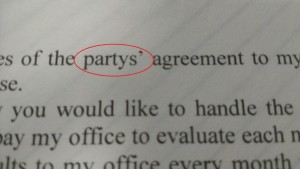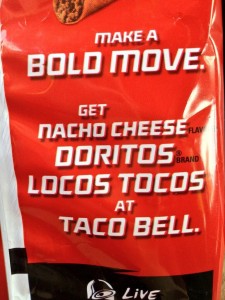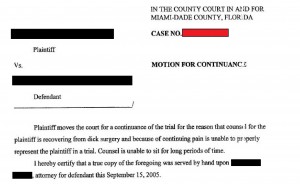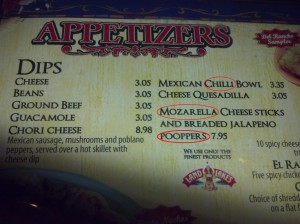I must admit, semicolons are one area of grammar that scare me. I’m not sure why, but they do. That shows how much researching and writing these posts helps me as much as they hopefully help you. Now on to our topic.
The semicolon is a mark of punctuation to be used when you want to connect two thoughts that are similar to one another. The best description I’ve seen is that a semicolon is like a soft period which separates the thoughts but keeps the flow of the first sentence.
Here are some rules for using semicolons:
- With two independent clauses when the coordinating conjunction (and, but, or, or nor) is omitted to separate the clauses. One way to tell is when you could delete the semicolon and each clause could be a separate sentence. However, if the clauses are not closely related, go ahead and make them separate sentences.
- Use a semicolon between two independent clauses joined by a coordinating conjunction where you want a stronger break between the clauses.
- When one or both of the independent clauses have internal commas and it could be misread without a semicolon to make it easier for your reader.
- When independent clauses are separated by transitional expressions. Again, the second clause should be able to stand alone as a sentence. Below is a partial list of the transitional clauses:
- accordingly
- besides
- consequently
- for example (and use a comma after this phrase)
- furthermore
- hence
- however
- moreover
- namely (However, if the first clause anticipates the second clause and the full emphasis falls on the second clause, use a colon rather than a semicolon before this word.)
- nevertheless
- on the contrary
- otherwise
- so (where so means “therefore,” it can be preceded by a comma or a semicolon. A comma should be used if the clauses are closely related and the first clause smoothly flows into the second. A semicolon or period should be used if the clauses are long and complicated or the clauses need a stronger transition between them such as a long pause or strong break.)
- that is (use a comma after this phrase)
- then
- therefore
- thus
- yet (see parenthetical for so above)
- Use a semicolon when items in a series already contain commas to keep from confusing the reader, i.e., Phoenix, Arizona; Denver, Colorado; and Dallas, Texas.
That’s it for now. This is a very busy, emotional, exciting, and gratitude-filled week for me as I leave one job with people I’ve worked with for over 15 years to a job at a brand new firm. How exciting is that going to be? I’m so up for this adventure! But first, as one of my associates said when I gave my notice, “So you’ve given your notice at work, what are you going to do now?” I’m going to Disneyland–with my daughter and my two oldest granddaughters celebrating their 13th birthdays. Enjoy your week!



 Follow
Follow



